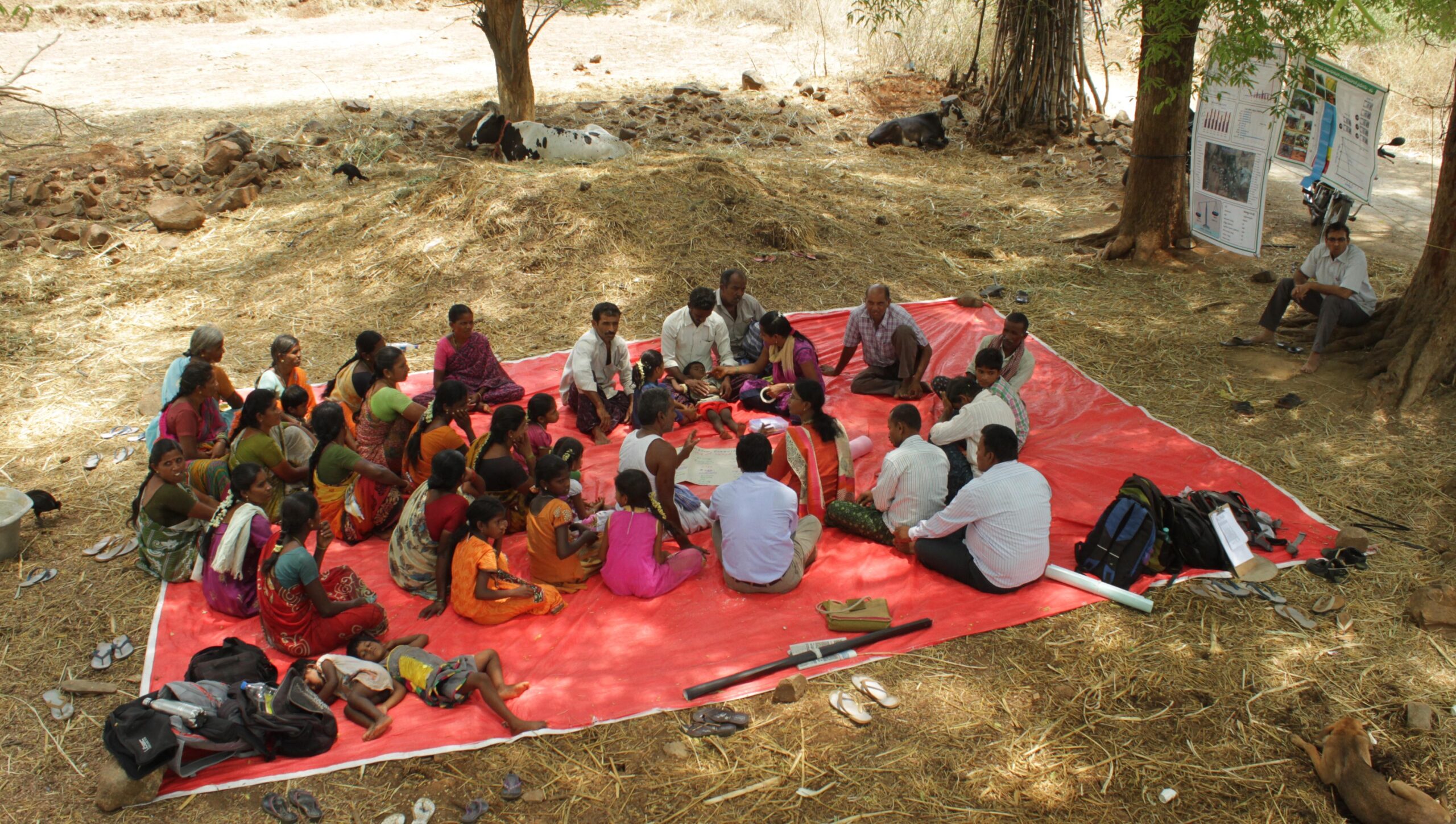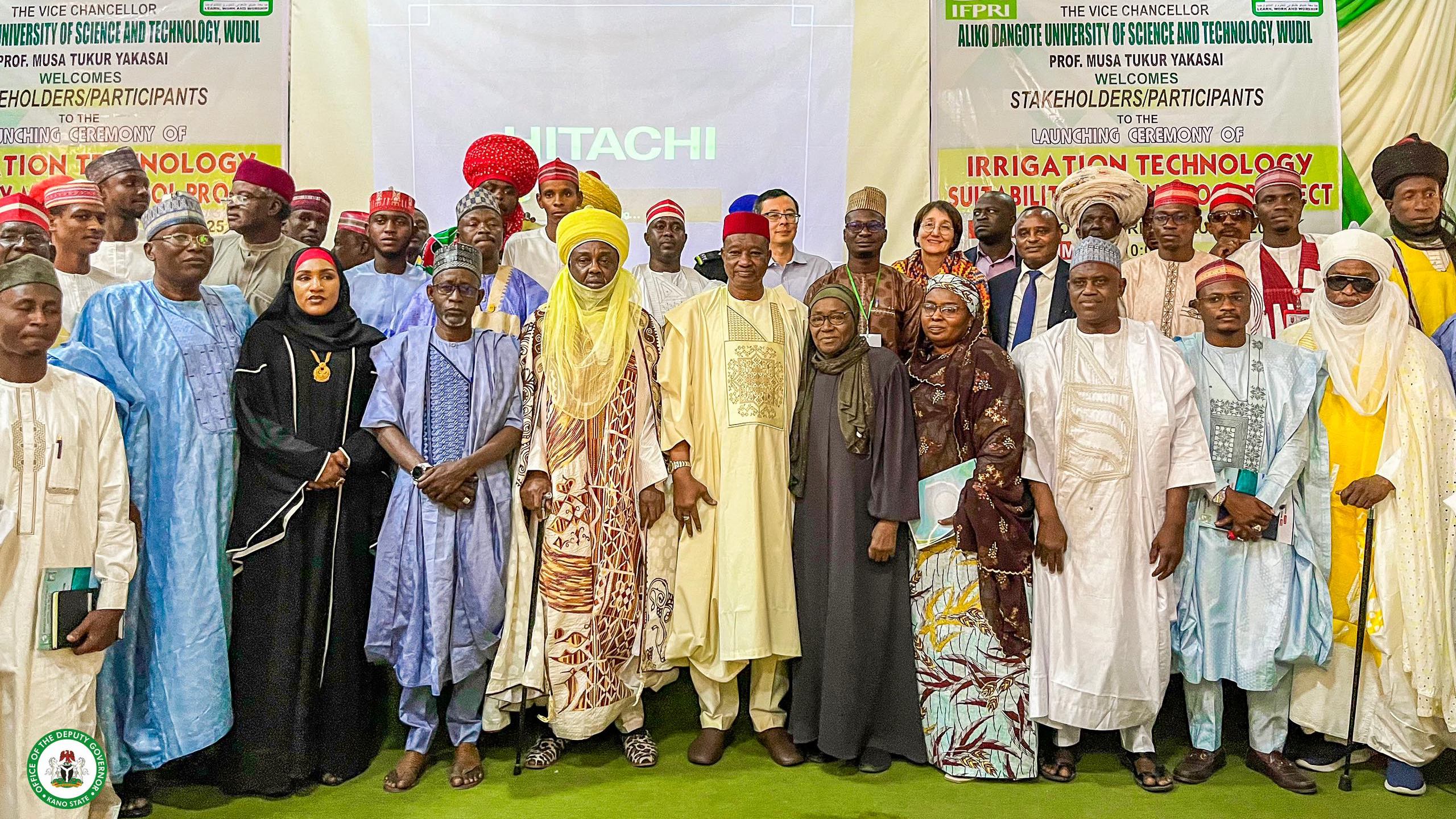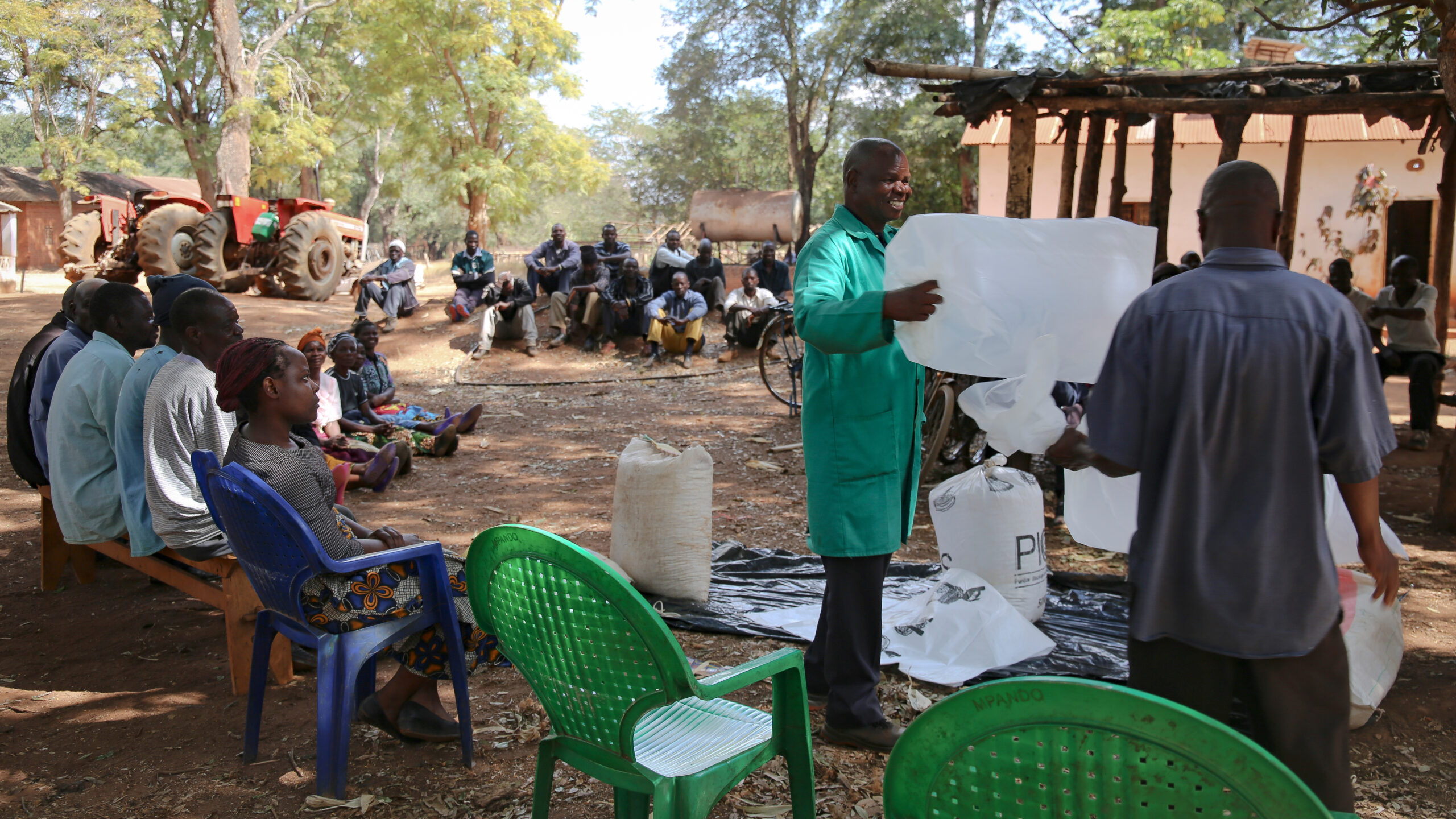Groundwater is a vital common pool resource for water supply, irrigation, and ecosystems—but is difficult to govern due to its invisibility, stakeholders’ conflicting interests, and the limitations of available institutions. These issues have created an array of problems around the world that threaten ecosystems, food production, and drinking water supplies—including aquifer depletion, waterlogging, salinity, and groundwater contamination. Despite the existence of many policy and technical instruments (tools) available for groundwater governance, efforts to apply them are often ineffective.
While no single tool or approach can address all these problems, we suggest it is useful to think of how key actors can use combinations of tools and approaches to improve their knowledge, motivation, and agency to solve groundwater problems (Figure 1). These three aspects of governance are not exclusive; individual tools may contribute to more than one.
Figure 1

The knowledge-motivation-agency framework
Knowledge is the ability to use information to achieve one’s objectives. Many technical groundwater-related tools collect data or process it through various models to create information and disseminate it to enhance knowledge.
Different knowledge systems can help to build a better understanding of groundwater, including local knowledge, experiential knowledge, social learning, and scientific hydrogeology. Because groundwater is invisible and moves, regulators, and even hydrogeologists often have a limited understanding of its stocks and flows, or how one person’s use affects others in the short or long term. Strengthening knowledge of groundwater can be a key to improving governance, but should be part of a learning process where action can be taken even when information is incomplete; adaptive management allows learning by doing while monitoring and adjusting based on outcomes.
However, knowledge alone is not enough; whether and how people translate knowledge into action also depends on motivation, which may be shaped by a variety of values. Motivations may be influenced externally by rewards and punishments or based on internalized values and worldviews, and intrinsically satisfying activities.
Policy tools for groundwater management often focus on regulation and economic instruments such as subsidies. Yet empirical research around the world indicates that conventional regulatory tools such as licensing (permits), metering, and quotas are often ineffective. These often run into technical challenges and can conflict with the political and economic interests of powerful actors, making rules harder to enforce. Even governments with strong technical and administrative capacity in other domains are often far less effective in governing groundwater.
Economic instruments, meanwhile, include direct fees and fines for water use as well as energy or resource pricing, subsidies, compensation for not growing irrigated crops or for not extracting water, opportunities to sell solar power to the grid, and payments for environmental services. Here too there are obstacles. Setting fees, taxes, or energy prices high enough to restrict water use is often politically difficult or impossible to apply, while subsidies may be inefficient and sometimes counterproductive. More generally, an overemphasis on economic motives can be self-defeating if it “crowds out” internal motivations, rather than complementing or “crowding them in”.
How can these obstacles be overcome? Internalized motivations, influenced by norms, values, and identity, can be crucial, especially in bringing about sustained changes in behavior. Care, including caring about others and about the environment, can provide a strong motivation for local communities’ groundwater governance. Recognizing caring behaviors can be a starting point to encourage positive behaviors in groundwater management. Motivations may also derive from concern for one’s reputation, or longer-term self-interest., e.g., keeping an aquifer productive. Experiential learning approaches such as participatory video and games with debriefing can help shape such internalized motivations, as well as broader norms.
Finally, even if actors have good knowledge of their own groundwater conditions and the motivation to address existing or emerging problems, they won’t be able to effect change unless they have the capability to act, or agency. Put another way, is there something useful that informed, motivated people can do to make a difference?
Agency here means being able to act to produce desired outcomes—particularly opportunities for coordinated action to improve groundwater governance. Agency includes action to shape biophysical and social conditions that influence the conduct of others.
Because groundwater is a shared resource, governance typically depends on coordination across individual actors, locally or at larger scales. Such coordination may occur through informal or formal collective action, such as recharging an aquifer or regulating withdrawals. Communities may also exercise agency by requesting government assistance—or protesting. Government actors exercise agency via infrastructure investments or setting policies (to influence user behavior). Private sector actors such as well drillers—who shape physical infrastructure—also exercise agency. For some, action may be constrained by existing structural conditions and power arrangements. Multistakeholder processes might be able to facilitate coordination across types of actors in some cases to overcome such constraints, but these do not always lead to cooperation and clear-cut action.
Applying the framework
The knowledge, motivation, and agency framework offers a starting point for all those involved in governing groundwater, including analysts or development practitioners working with them, to consider and discuss their diverse perspectives and how to collaborate effectively to address groundwater problems.
An important first step in applying the framework is to identify the key actors who affect groundwater and their sources of power over the resource. Then for each of them, ask what actions—individual and collective—would contribute to better groundwater governance. Then ask, do they have the knowledge to carry out such actions? Also, what are their current motivations regarding groundwater management, and are they helping or undermining effective action? If it’s the latter, what might move them to act differently—especially to work with others? Finally, if they are motivated to act, do they have the instruments, capacity, authority, resources, and other conditions to make desired changes?
Addressing the complex issues related to groundwater depletion and degradation requires going beyond simple approaches or single tools. The special issue of the International Journal of the Commons offers a range of examples of how different actors are coming together to address groundwater issues, and the CGIAR NEXUS Gains initiative is working with partners to improve groundwater governance in India, Pakistan, and Nepal. Applying this framework offers a process for bringing various actors together to raise their awareness, motivation, and the ability to act. This knowledge-motivation-agency framework builds on experience in South Asia and Africa; we are now applying it in Pakistan and plan to explore its application elsewhere..
Ruth Meinzen-Dick is a Senior Research Fellow with IFPRI’s Natural Resources and Resilience Unit; Bryan Bruns is an independent sociologist, researcher, and consultant. Opinions are the authors’.
Support for this work was provided by the CGIAR NEXUS Gains Research Initiative.
Referenced paper:
Meinzen-Dick, Ruth S.; and Bruns, Bryan. 2024. Crafting combinations to govern groundwater: Knowledge, motivation, and agency. International Journal of the Commons 18(1): 585–600. https://doi. org/10.5334/ijc.1473







